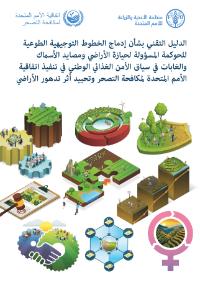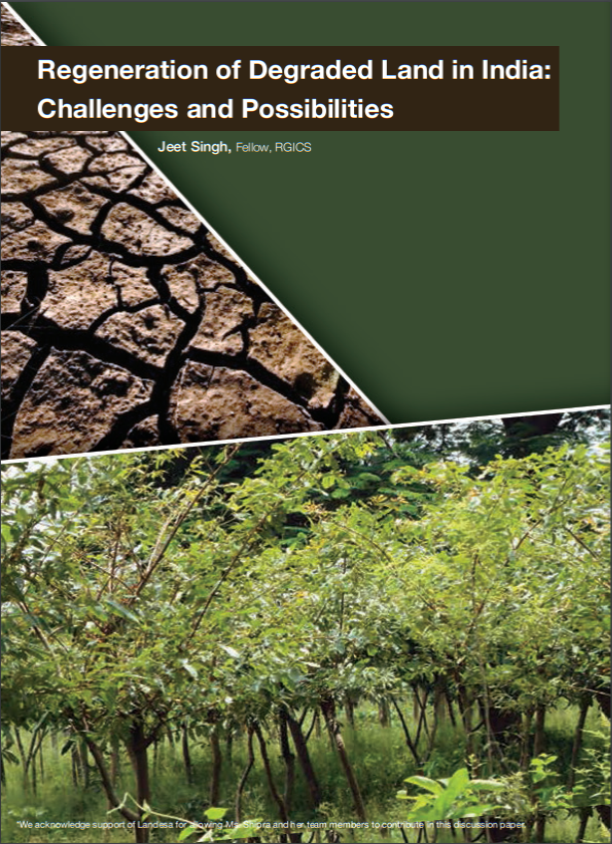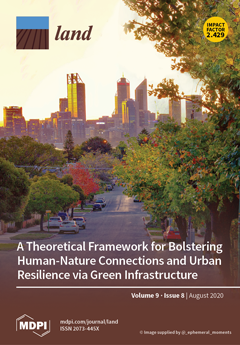Regreening the Sahel: A quiet agroecological evolution
‘Over the past three decades hundreds of thousands of farmers in Burkina Faso and Niger, on the fringes of the Sahara Desert, have transformed large swathes of the region’s arid landscape into productive agricultural land, improving food security for about three million people. Once-denuded landscapes are now home to abundant trees, crops, and livestock.'








